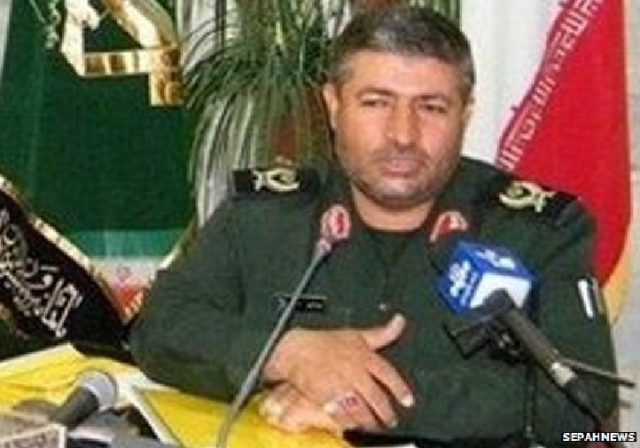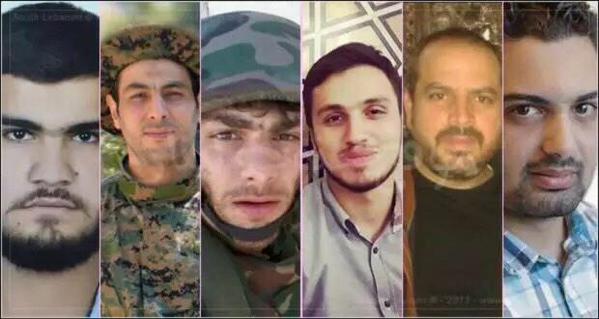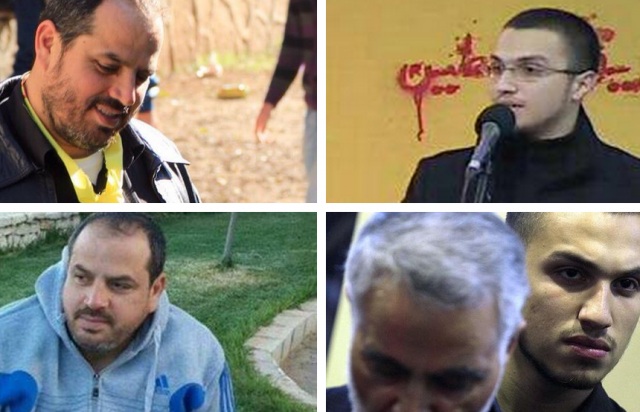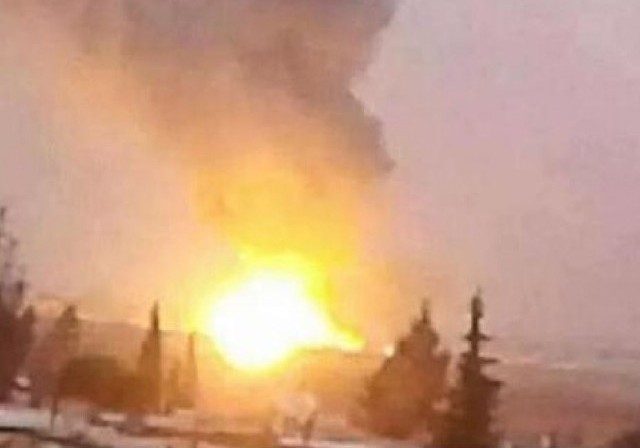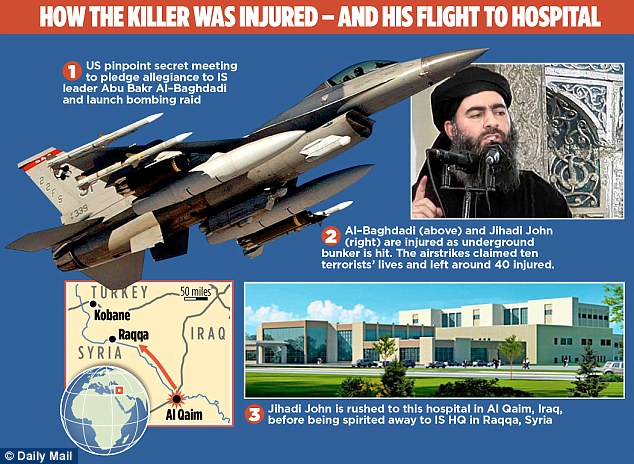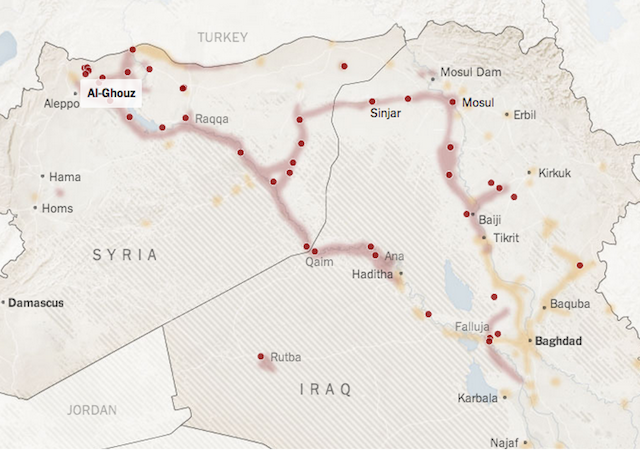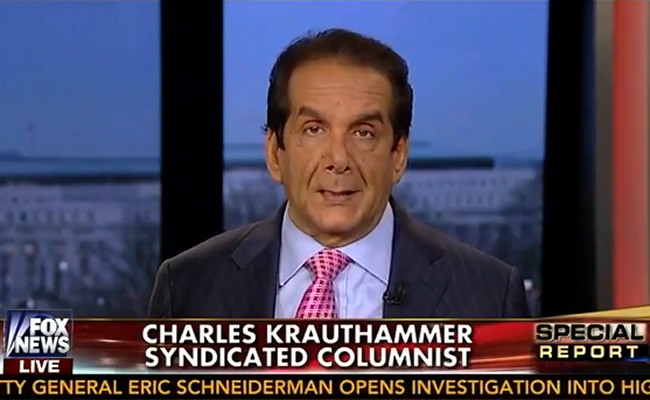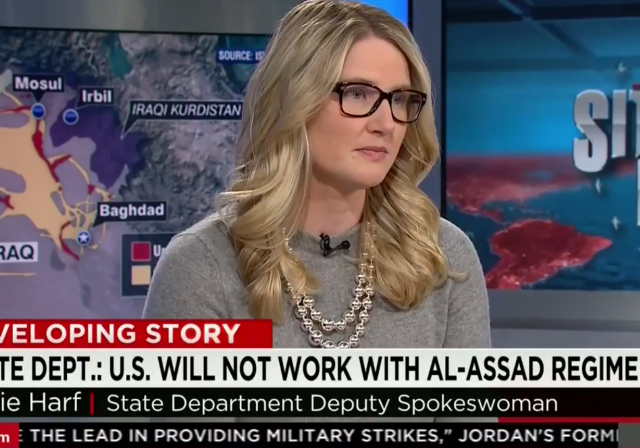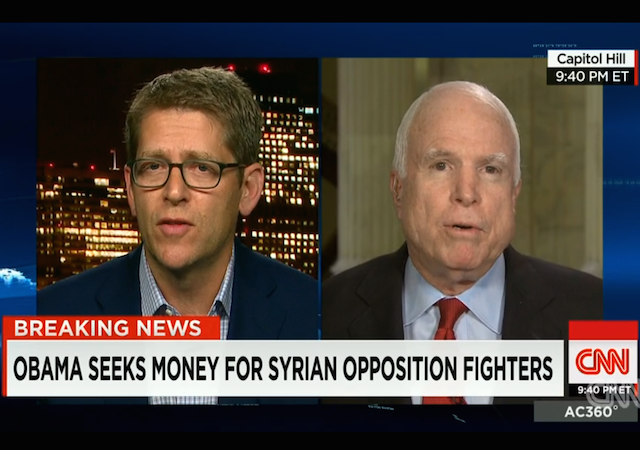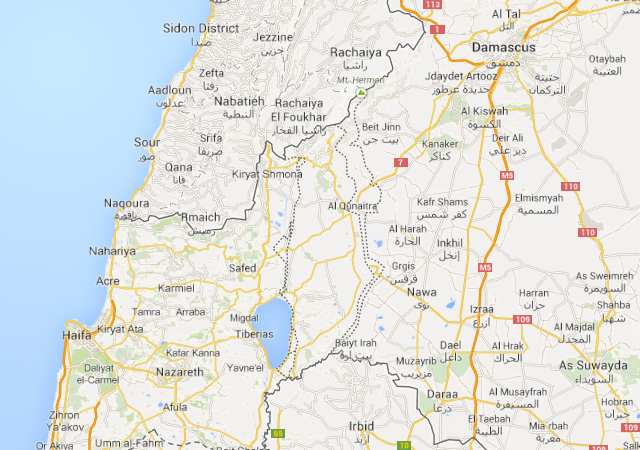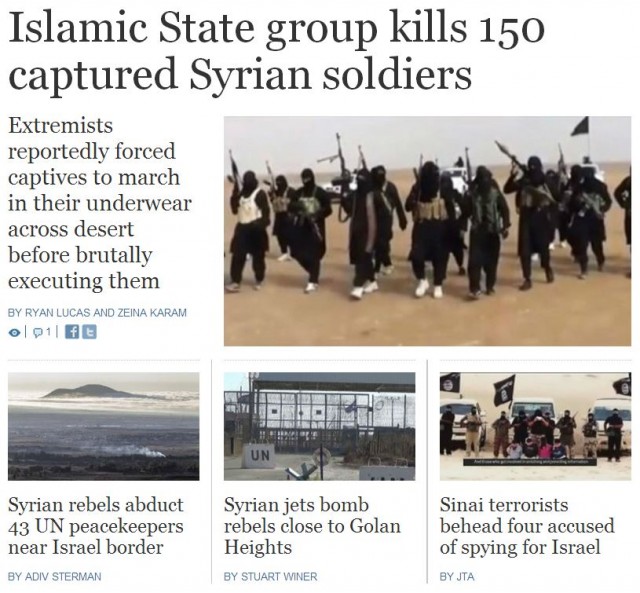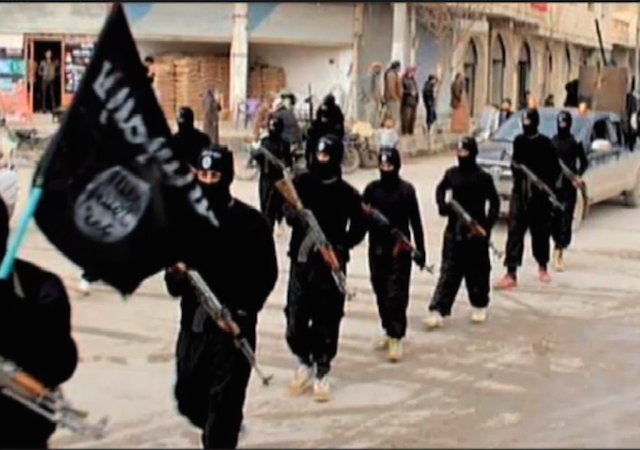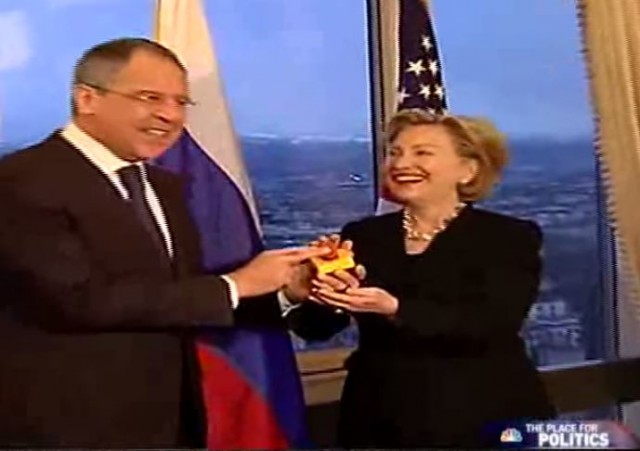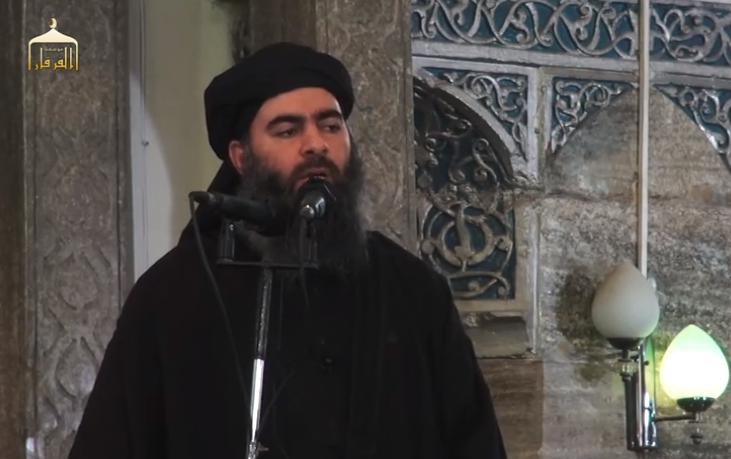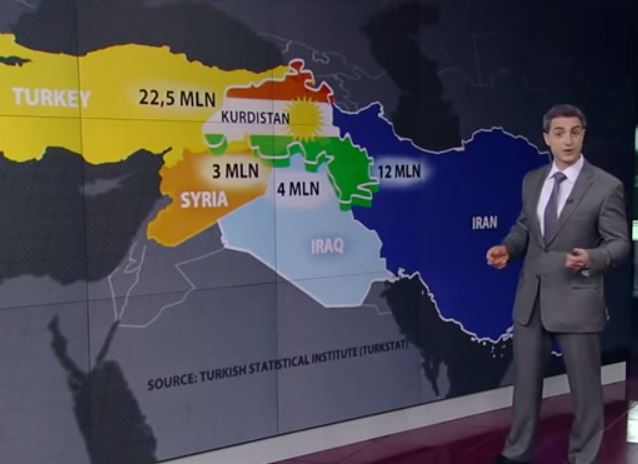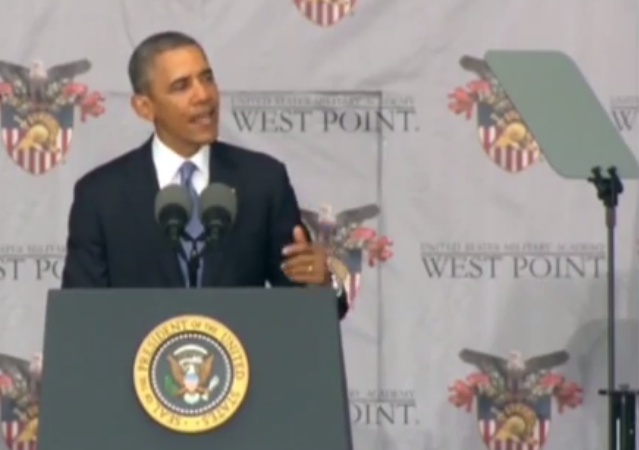We already know that ISIS is
“beyond anything we’ve seen;" that they're prodigiously well-funded; that they marry radical Islamic ideology with brutal paramilitary tactics; and that they could pose a threat beyond the confines of the Middle East.
What we don't know is the scope of the immediate threat to U.S. assets in the Middle East outside of Iraq. That's why President Obama has approved the use of drone technology in Syria to aid in the military's air surveillance efforts. Via
the Wall Street Journal:
The U.S. military's Central Command, which oversees American operations in the region, requested more surveillance aircraft, including drones, to gather more intelligence on potential Islamic State targets, and officials said they could start flying missions over eastern Syria shortly.
Of course, the question on everyone's mind is whether or not drone surveillance will translate into the use of drones to take out hostile targets. The U.S. Military's Central Command, however, has not indicated that they intend to use the drones for that purpose at least for now:
"The Pentagon is preparing to conduct reconnaissance flights over Syria," a senior U.S. official said. "There is no decision yet to do strikes, but in order to help make that decision, you want to get as much situational awareness as possible."
It doesn't help matters that Syria has been locked in its current conflict since early 2011. The Syrian Civil War
started three years ago with mostly peaceful protests against the rule of President Bashar al-Assad. Since then, almost 200,000 people have died amidst clashes that have spread beyond Syria and into northern Iraq and Lebanon.



